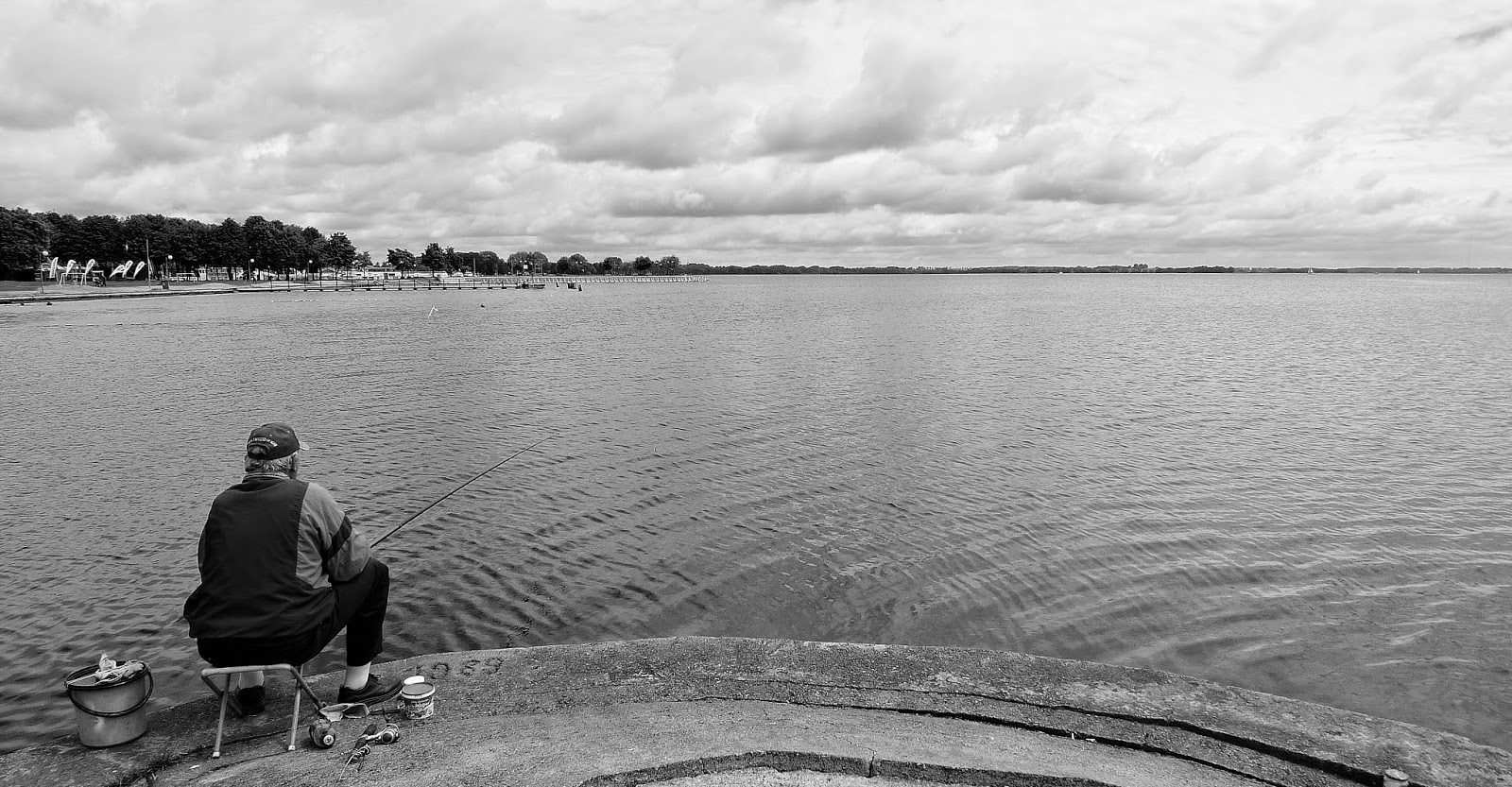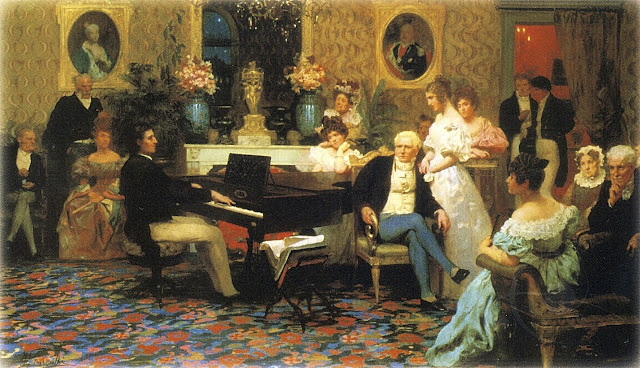'Polska. Spring into.' My contribution to the 25th Anniversary of Free Elections in Poland (originally 4/18 June 1989) via the ABC (Australian Broadcasting Corporation)
Click on photos to enlarge - far better rendition |
| Freedom being enjoyed in the Mazurian Lake District (Note the date '1989' carved into the concrete) |
On Saturday morning August 23rd I contributed to an Australian national radio programme celebrating the 25th Anniversary of free elections in Poland.
You may wonder why Australia celebrates this anniversary with a programme on national radio.
The history of Polish immigration to Australia is a distinguished one with a history of many outstanding Polish individuals or those of Polish descent. There are some 50,000 Polish-born people living in Australia according to the 2011 census. The number continues to fall slowly.
Polish contact with
Australia dates as early as 1696 when a number of Polish crew members were on
board the Dutch naval expedition which explored the coastline of Western
Australia.
Polish settlement in
Australia dates to the early 19th century when a Polish convict by the name of Joseph Potaski arrived in the colony of Port Phillip. The
party moved on to Hobart and the same Polish convict went on to become one of
Tasmania's earliest and most successful wheat farmers. Over the next forty
years, about a dozen persons of Polish origin settled in Australia, mainly
Polish nobility and army officers.
The most eminent Pole was Sir
Paul Edmund Strzelecki who arrived in Sydney in 1839. Explorer, cartographer
and scientist, he, among other contributors, explored the Snowy mountains in
1840, published the first map of Gippsland, named Australia's highest peak
Mount Kosciuszko after the great Polish freedom frighter, Tadeusz Kosciuszko,
who organised an armed insurrection against the Russians in 1795. There are
about 20 geographical features in Australia bearing his name including the
Strzelecki Ranges. It is also thought he was the first man to discover gold in Australia and contributed to the great nineteenth century gold rushes.
A significant settlement
was established north of Adelaide, in the 1850s known as Polish Hill River. By
the 1880s, there was an established Polish colony made up of 400 people, who
maintained Polish language, customs and traditions. In 1870, a Polish priest,
Fr Rogalski made a significant contribution to the settlement. A Polish church
was established and Polish was taught at the local school. Following his death
in 1906, the community gradually integrated into the wider community, losing
its distinct Polish traits.
[from the Polish Museum and Archives in Australia - Muzeum i Archiwum Polonii
Australijskiej which is of particular interest http://www.polishmuseumarchives.org.au/]
You may still listen to one section of the three part ABC broadcast programme entitled The Rise of Poland from the Australian Institute of Polish Affairs. I took part in one section Polish Lifestyle and Culture together with Beata Zatorska a Polish medical doctor and author living in Australia. The other two segments were with the then Polish Foreign Minister Radek Sikorski, Adriano Bosoni, a European Analyst with the geopolitical intelligence firm Stratfor.
My book:
A Country in the Moon : Travels in Search of the Heart of Poland (Granta, London 2008)


